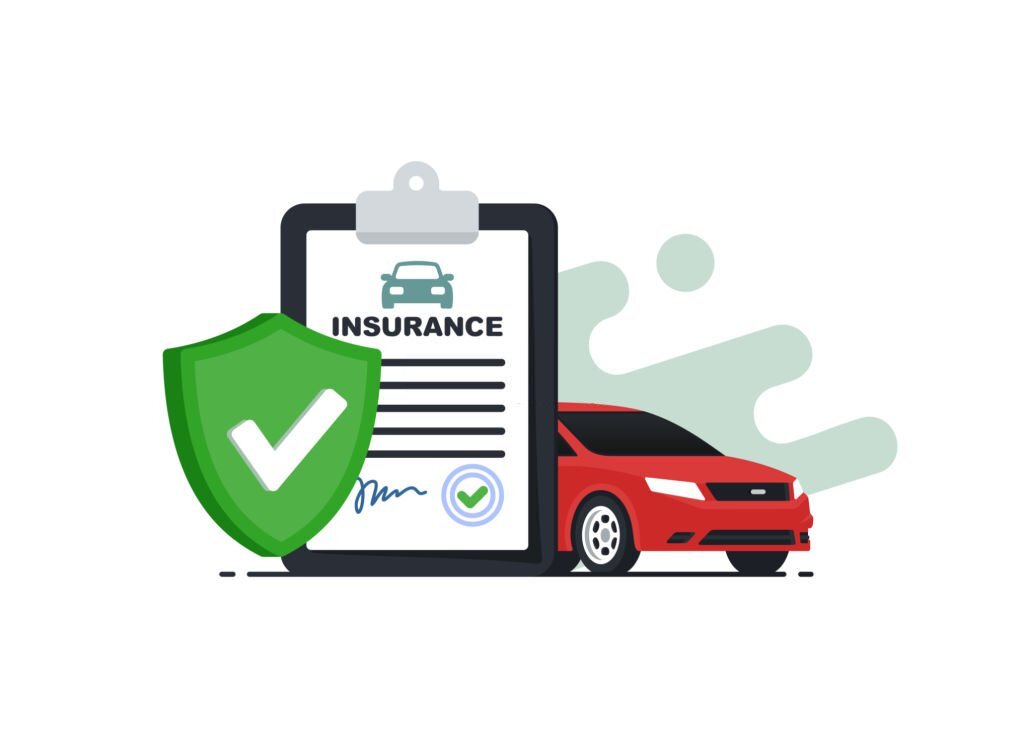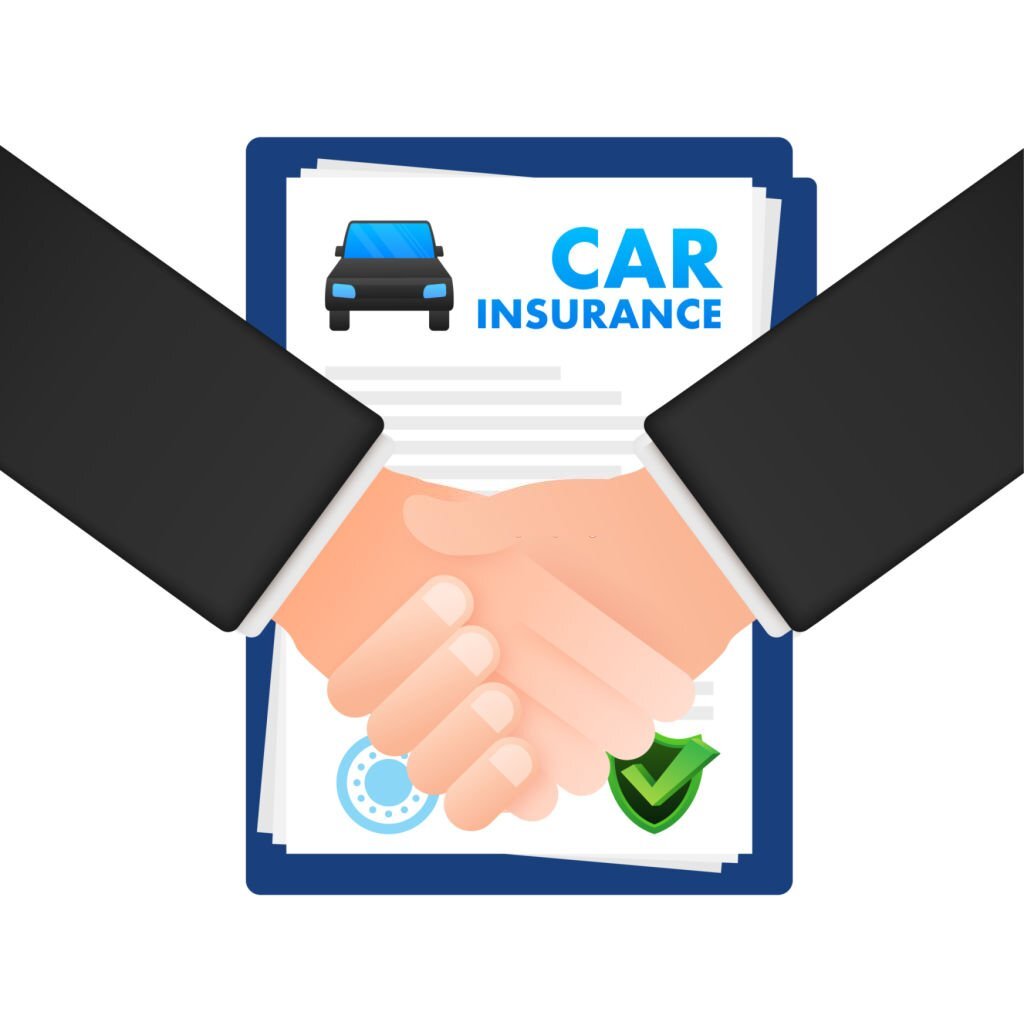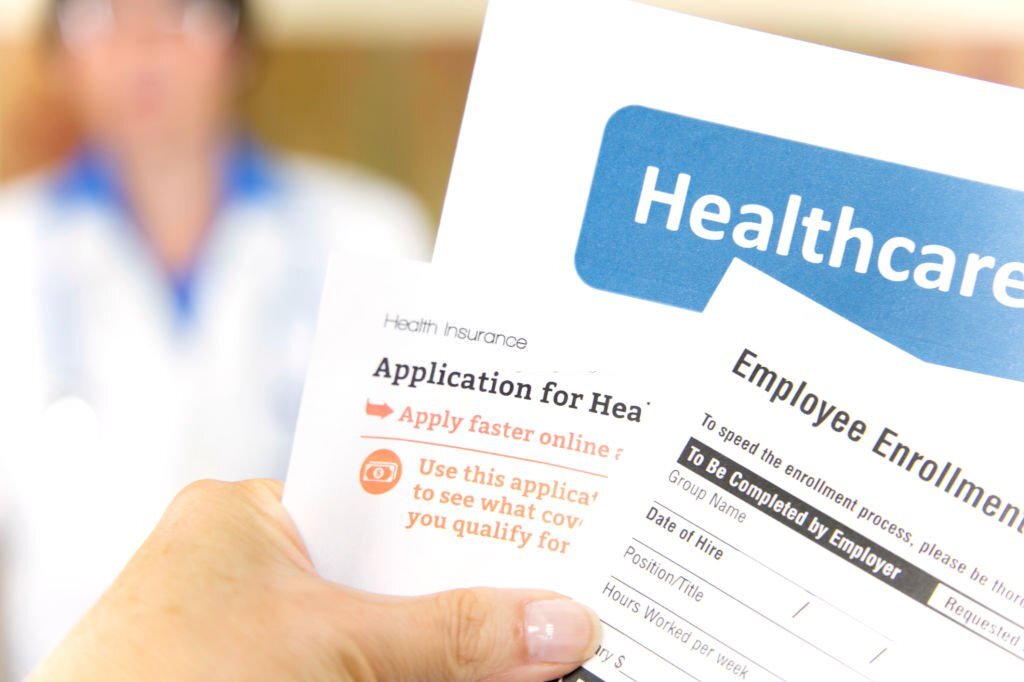Crash Course: Navigating the Claims Process After an Auto Accident
Car accidents can be traumatic experiences that can leave you feeling overwhelmed and unsure of what steps to take next. Understanding the claims process after an auto accident is crucial to ensure you protect your rights, receive fair compensation, and navigate the complexities of insurance coverage. In this crash course, we will guide you through the essential steps to take and provide valuable insights into handling the aftermath of an auto accident.

Introduction
Getting involved in an auto accident can be a distressing experience, but knowing how to navigate the claims process will help alleviate some of the stress.
After ensuring the safety of everyone involved, it’s important to take immediate steps to protect yourself and gather essential information. First and foremost, check for injuries and provide any necessary medical assistance. If the accident is minor and no one is seriously hurt, move your vehicle to a safe location to avoid blocking traffic.
Next, contact emergency services and the police. Even if the accident seems minor, it’s crucial to have an official report filed, as it will be useful when filing your insurance claim. The police will gather information from both parties involved, assess the accident scene, and document any important details.
While waiting for the authorities to arrive, gather essential information from the other party involved in the accident. Exchange contact information, including names, phone numbers, addresses, and insurance details. Additionally, collect statements from any witnesses present at the scene. Their testimony can provide valuable support for your claim. Be sure to note down their names and contact information as well.
In the age of smartphones, taking photographs and videos of the accident scene and vehicle damage is easier than ever before. Capture images from different angles, showing the positions of the vehicles involved and any visible damage. These visual records will serve as crucial evidence when filing your claim and dealing with insurance companies.

Once you have gathered all the necessary information, it’s time to report the accident to your insurance company. Contact them promptly to initiate the claims process. Provide accurate and detailed information about the accident, including the date, time, location, and a description of what happened. Be honest and avoid exaggerating or downplaying any details.
Before filing a claim, it’s important to understand your insurance coverage and policy. Take the time to review your insurance documents and familiarize yourself with the types of coverage you have. Different policies may cover various aspects, such as property damage, medical expenses, and liability. Identify any exclusions or limitations in your coverage to avoid surprises during the claims process.
When filing a claim, follow the instructions provided by your insurance company. They will require specific forms to be filled out, which may include details about the accident, injuries sustained, and property damage. Ensure that all the information you provide is accurate and complete. Any inconsistencies or inaccuracies could potentially affect the outcome of your claim.
Working with claims adjusters is a common part of the claims process. These professionals are responsible for evaluating the damages and determining the amount of compensation you may be entitled to. It’s important to cooperate with claims adjusters and provide any requested information promptly. Remember, their role is to assess the situation objectively, so it’s crucial to be honest and provide any supporting documents they may require.
Handling medical expenses and personal injury claims requires special attention. Seek medical attention immediately after the accident, even if you feel fine. Some injuries may not manifest immediately but could worsen over time. Document all medical treatments, tests, and procedures, as well as any expenses incurred. These records will be vital when seeking reimbursement for medical bills or pursuing a personal injury claim.
In more complex cases, it may be necessary to seek legal advice. If your injuries are severe, liability is disputed, or the insurance company is offering an inadequate settlement, consulting with a personal injury attorney can help protect your rights and maximize your compensation. An experienced lawyer can navigate the legal complexities, negotiate with the insurance company on your behalf, and provide valuable guidance throughout the process.
Resolving disputes or appealing a denied claim is another aspect of the claims process. If your claim is denied or undervalued, don’t lose hope. Review the insurance company’s decision carefully and gather any additional evidence that supports your case. Follow the appeal process outlined by your insurance provider, which may involve submitting additional documentation or providing a detailed explanation. In more complex cases, involving an attorney may be necessary to escalate the matter further.
It’s essential
to be aware of time limitations and statutes of limitations when dealing with auto accident claims. Insurance policies often have specific time frames within which you must report the accident and file a claim. Failing to meet these deadlines could result in your claim being denied. Additionally, personal injury claims have statutes of limitations, which vary by jurisdiction. Familiarize yourself with these limitations to ensure you take the necessary legal actions within the prescribed time limits.
If you’re unsure about any aspect of the claims process or feel overwhelmed, seeking legal advice can provide you with the clarity and guidance you need. A reputable personal injury attorney can assess your case, explain your rights and options, and help you navigate the complexities of the legal system. They can also handle negotiations with insurance companies on your behalf, ensuring you receive fair compensation for your injuries and damages.

Dealing with total loss or irreparable damage to your vehicle requires specific steps. If your vehicle is deemed a total loss by the insurance company, they will evaluate its value and offer you a settlement. It’s important to understand how the value is determined and to negotiate with the insurance company if you believe the offered amount is insufficient. Alternatively, you may explore options for replacement or compensation that best suit your needs.
Temporary transportation is often necessary while your vehicle is being repaired or replaced. Depending on your insurance coverage, you may be entitled to a rental car. Familiarize yourself with your policy’s provisions regarding rental cars and transportation expenses. Adhere to the guidelines and limitations set by your insurance company to avoid any complications or disputes.
Throughout the claims process, it’s crucial to keep thorough records and documentation. Organize and retain all accident-related documents, including police reports, insurance correspondence, medical bills, repair estimates, and any other relevant paperwork. Additionally, maintain a record of all medical treatments, expenses, and bills related to your injuries. This comprehensive file will serve as a valuable resource and can help support your claim if any disputes arise in the future.
In conclusion, navigating the claims process after an auto accident can be complex and overwhelming. By understanding the immediate steps to take, gathering essential information, reporting the accident to your insurance company, and familiarizing yourself with your coverage and policy, you can navigate the process with greater confidence. Cooperating with claims adjusters, handling medical expenses and personal injury claims, and being aware of time limitations and statutes of limitations are vital aspects of successfully resolving your claim. Seeking legal advice when necessary and keeping thorough records will further support your case and protect your rights.

Frequently Asked Questions (FAQs)
- Q: How long do I have to report an auto accident to my insurance company?
- A: The specific time frame varies by insurance company and policy, but it’s generally recommended to report the accident as soon as possible. Check your policy for the exact deadlines.
- Q: What if the other party involved in the accident doesn’t have insurance?
- A: If the other party is uninsured, your own uninsured motorist coverage may come into play. Consult with your insurance company to understand how your policy handles such situations.
- Q: Do I need a lawyer for my auto accident claim?
- A: While not all cases require legal representation, consulting with a personal injury attorney can help ensure your rights are protected, especially in complex cases involving serious injuries or disputes.
- Q: Can I still file a claim if the accident was partially my fault?
- A: Depending on the jurisdiction, you may still be eligible for compensation even if you were partially at fault. Consult with your insurance company or an attorney to understand the laws in your area.
- Q: What should I do if the insurance company offers me a low settlement?
- A: It’s important to carefully evaluate any settlement offers. If
- the insurance company offers you a low settlement that does not adequately cover your damages, you have the right to negotiate. Gather evidence to support your claim, such as medical bills, repair estimates, and documentation of lost wages. Present this evidence to the insurance company and explain why you believe you deserve a higher settlement. If negotiations fail, you may need to consult with a personal injury attorney to explore other options, such as filing a lawsuit.
- Remember, every auto accident claim is unique, and the specific steps you need to take may vary depending on the circumstances. It’s always advisable to consult with professionals, such as insurance agents and attorneys, who can provide personalized advice based on your situation.
- By being proactive, informed, and persistent, you can navigate the claims process after an auto accident with greater confidence. Remember to prioritize your safety and well-being, seek appropriate medical attention, and keep detailed records of all accident-related information. With diligence and the necessary support, you can work towards a fair resolution and recovery.







